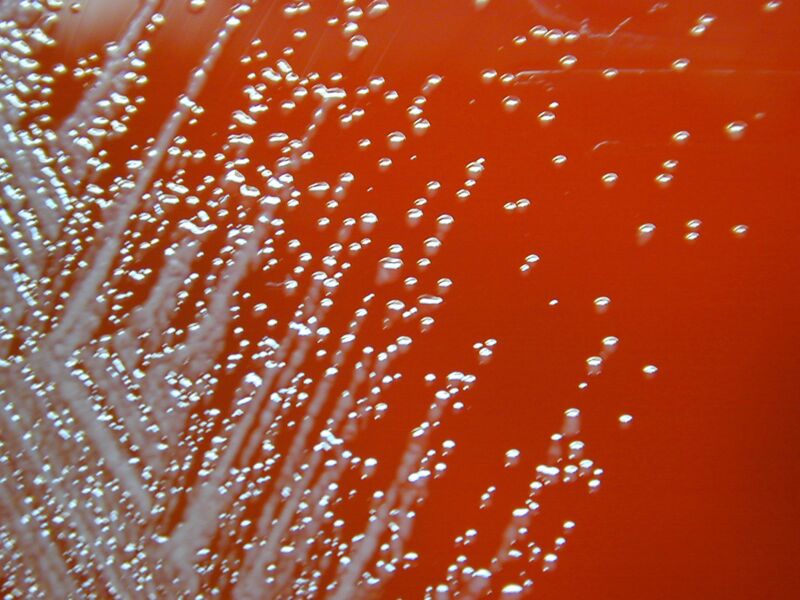Gulf Coast tests confirm deadly tropical soil bacterium now endemic to US

Enlarge / Burkholderia pseudomallei grown on sheep blood agar for 24 hours. B. pseudomallei is a Gram-negative aerobic bacteria, and it's the causative agent of melioidosis. (credit: Getty | CDC/Courtesy of Larry Stauffer, Oregon State Public Health Laboratory)
For years, health officials in the US noted sporadic, mysterious cases of a foreign bacterial infection, called melioidosis. The infection-which is difficult to diagnose, tricky to treat, and often deadly-was thought to only strike travelers or those who came in contact with contaminated imported goods or animals. Yet, now and then, an American would inexplicably fall ill-no recent travel, no clear links.
Now, health officials have a definitive explanation. And it confirms a dreaded, long-held suspicion: The deadly bacterium is foreign no more. Rather, it's a permanent US resident entrenched in American soil.
Three samples taken from soil and puddle water in the Gulf Coast region of southern Mississippi tested positive for the bacterium, officials from the Centers for Disease Control and Prevention announced Wednesday. The sampling was part of an investigation into two mysterious cases in the area that occurred in 2020 and 2022. The positive test results mark the first time that investigators have caught the deadly germ in US environmental samples, though they've been looking for it for years.